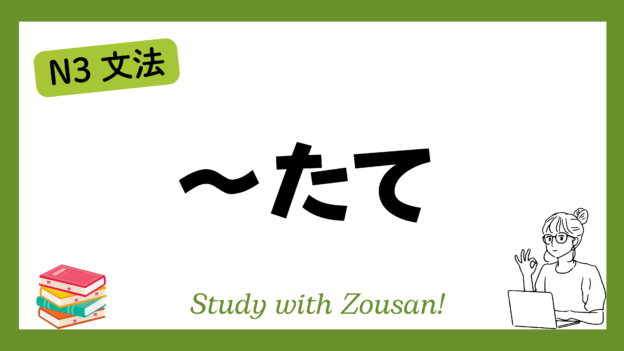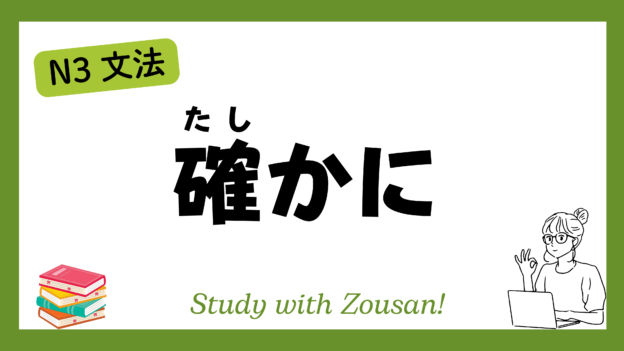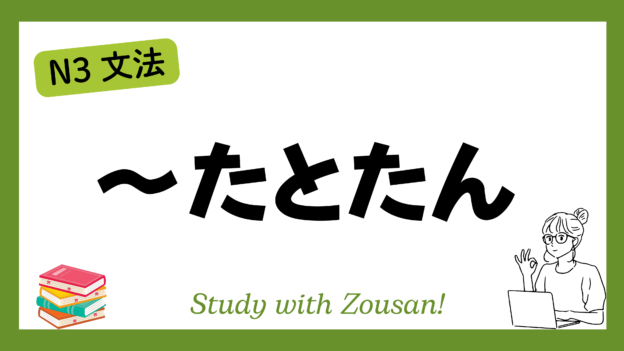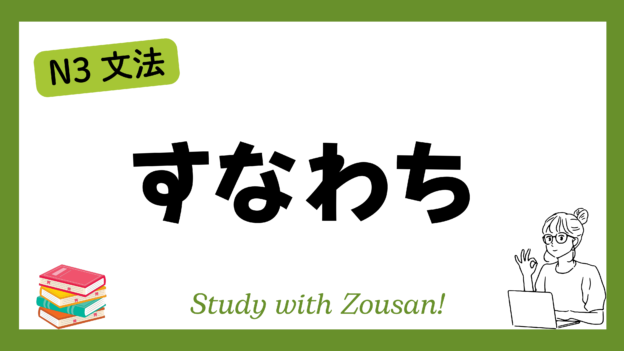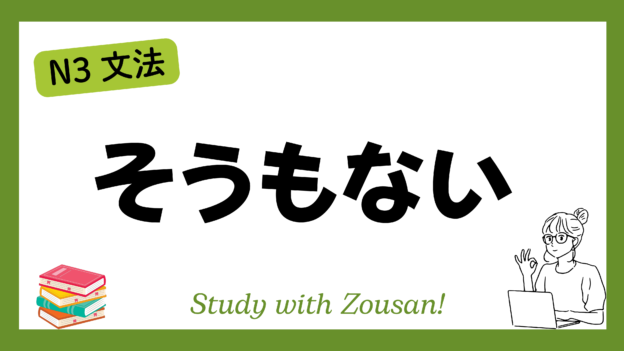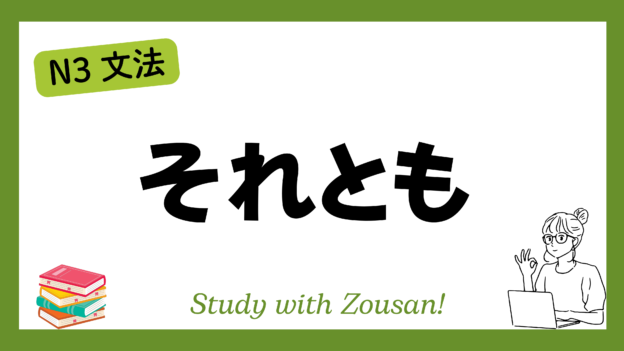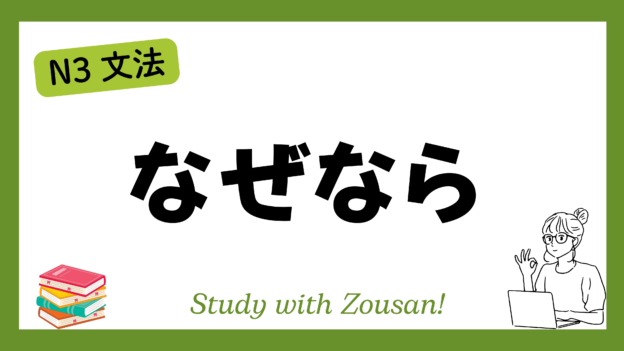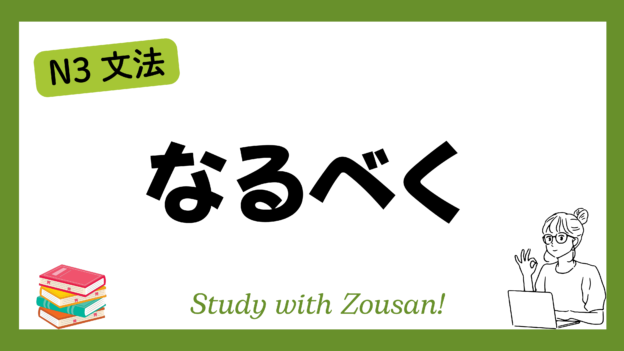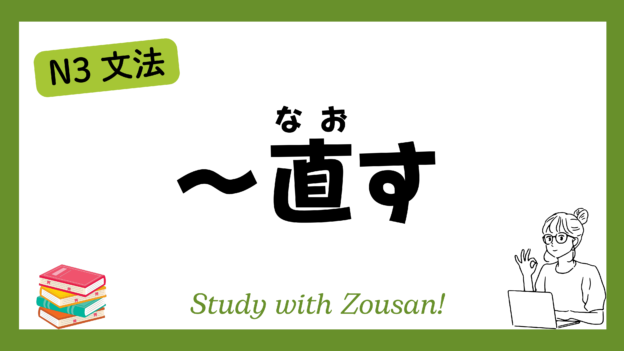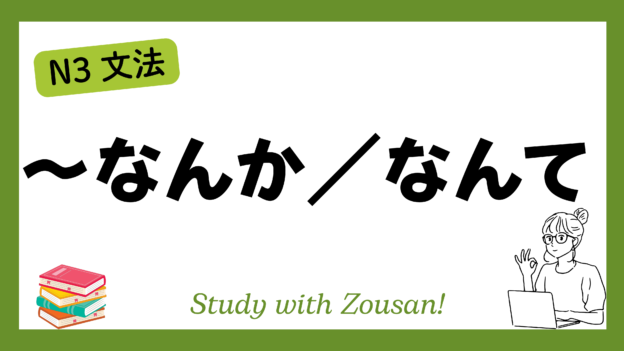Meaning: “Just…” / “Freshly…”
The suffix “~たて” is used to describe an action that has just been completed or a state that is still very fresh. It’s attached to specific verbs to emphasize that the action just happened and the result remains fresh or intact. Common examples include “焼きたて” (freshly baked), “できたて” (just made).
※Note:
・”~たて” is not compatible with all verbs. It mainly combines with verbs indicating change or completion, like “焼く” (to bake), “作る” (to make), “炊く” (to cook rice).
・”~たて” emphasizes a very new, unaltered state immediately after the action is completed.
Structure:
| Verb |
Example:
-
-
-
🌟 焼きたてのパンを食べたいです。
(やきたて の パン を たべたい です)
I want to eat freshly baked bread. -
🌟 できたての料理は美味しいです。
(できたて の りょうり は おいしい です)
Just-made dishes are delicious. -
🌟 炊きたてのご飯が好きです。
(たきたて の ごはん が すき です)
I like freshly cooked rice. -
🌟 入れたてのコーヒーをどうぞ。
(いれたて の コーヒー を どうぞ)
Here’s some freshly brewed coffee. -
🌟 洗いたてのシャツを着ました。
(あらいたて の シャツ を きました)
I wore a freshly washed shirt. -
🌟 出したてのアイスクリームはまだ冷たいです。
(だしたて の アイスクリーム は まだ つめたい です)
The just-served ice cream is still cold. -
🌟 できたてのレポートを提出しました。
(できたて の レポート を ていしゅつ しました)
I submitted the just-finished report. -
🌟 そのケーキは焼きたてでふわふわです。
(その ケーキ は やきたて で ふわふわ です)
That cake is freshly baked and fluffy. -
🌟 帰りたての彼はまだ荷物を整理していません。
(かえりたて の かれ は まだ にもつ を せいり していません)
He just got back and hasn’t unpacked yet. -
🌟 取りたての野菜は新鮮でおいしいです。
(とりたて の やさい は しんせん で おいしい です)
Freshly picked vegetables are fresh and delicious.
-
-


